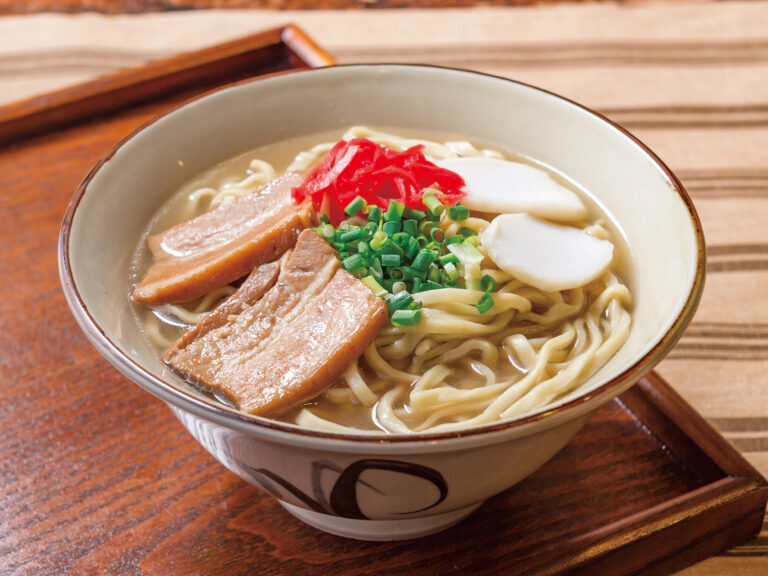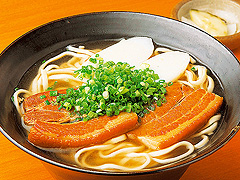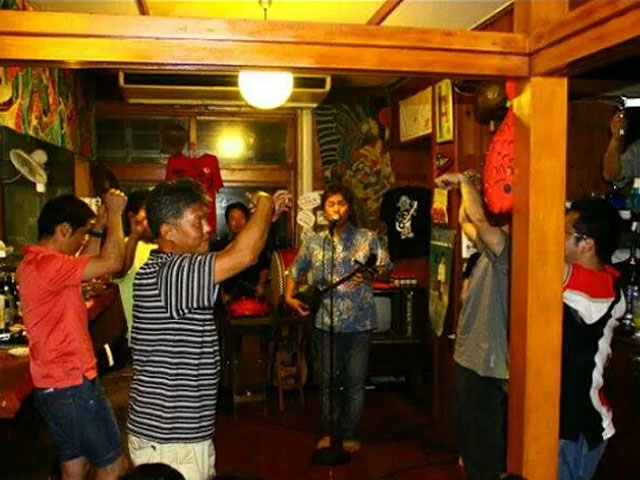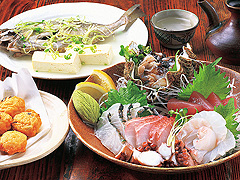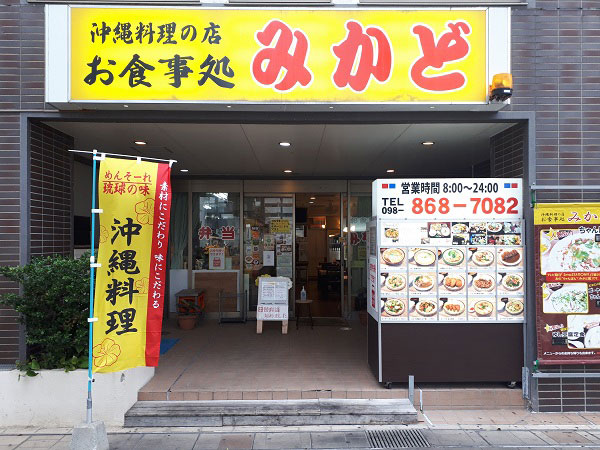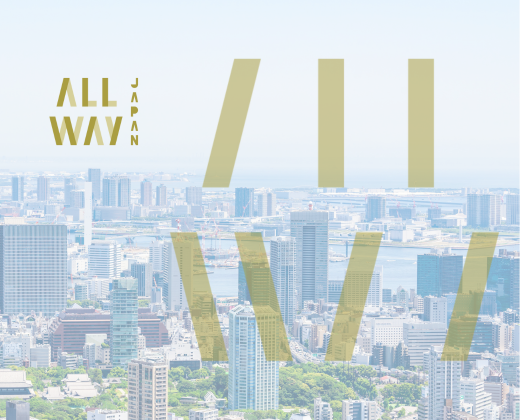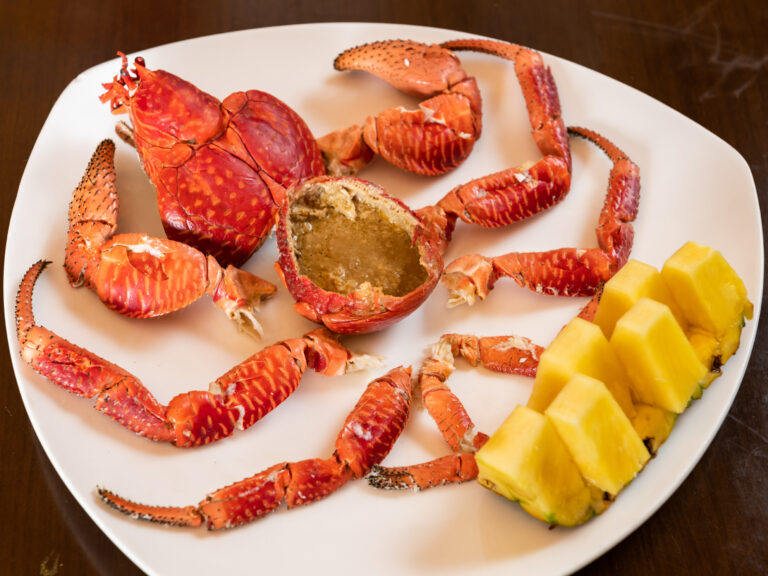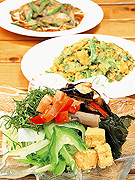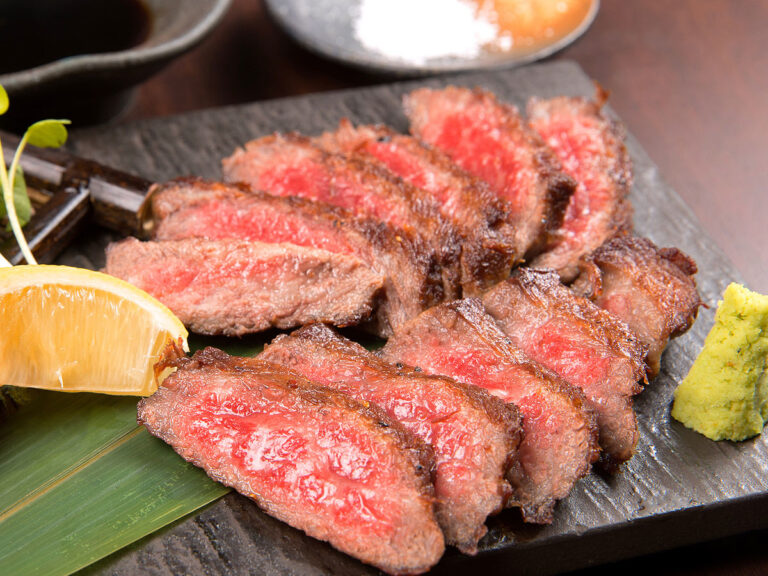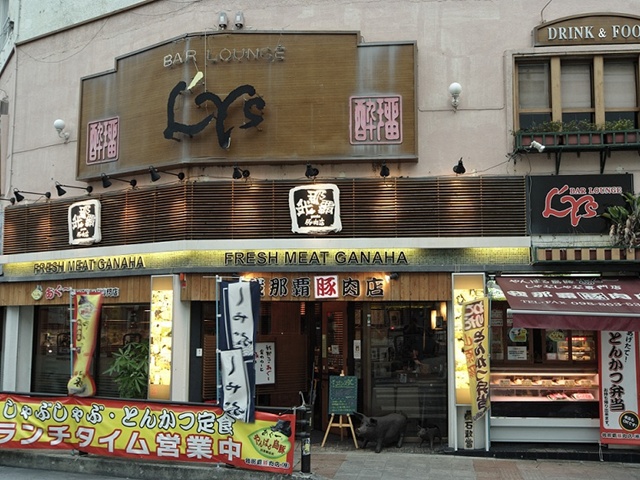The shop has a year-round diet of delicacies, which are rare in Okinawa, including semi-prawns, coconut crabs and nocturnal shellfish. Not to mention the classic home cooking of Okinawa, they also offer a variety of delicacies using ingredients that are rare even in the local area, such as semi-shrimp, an exclusive Okinawan ingredient with an irresistible texture, and Irabou, a court dish from the time of the Ryukyu Kingdom. The palm crab, which is a specialty of Miyakojima, is very sweet and full of miso. It is recommended to eat with a thick miso paste. There is a fish in the store and the ingredients are purchased alive, so they are all fresh. There are a wide variety of Okinawan sake such as Awamori's old sake and local beer, and handmade hub sake.
